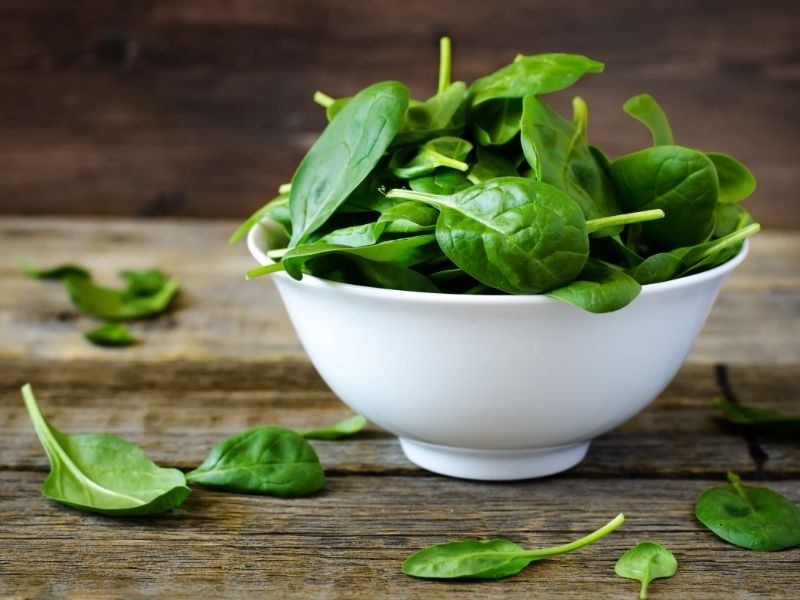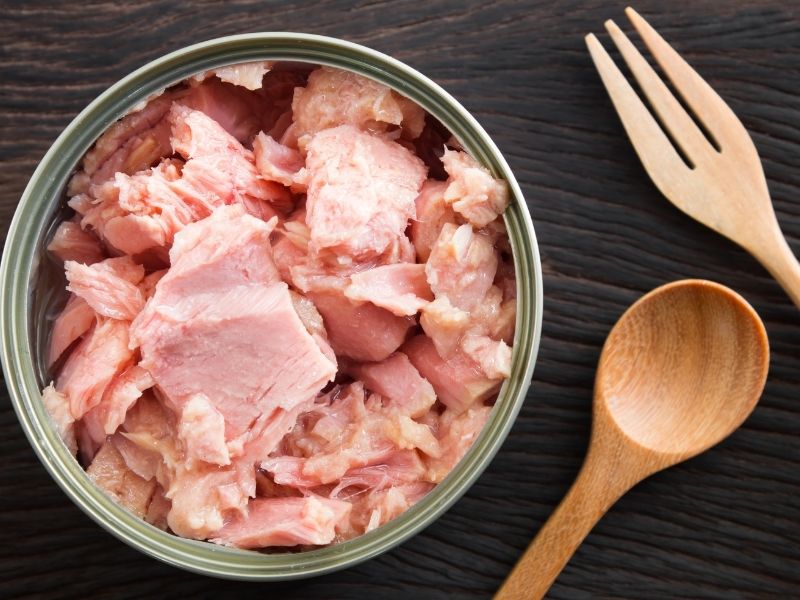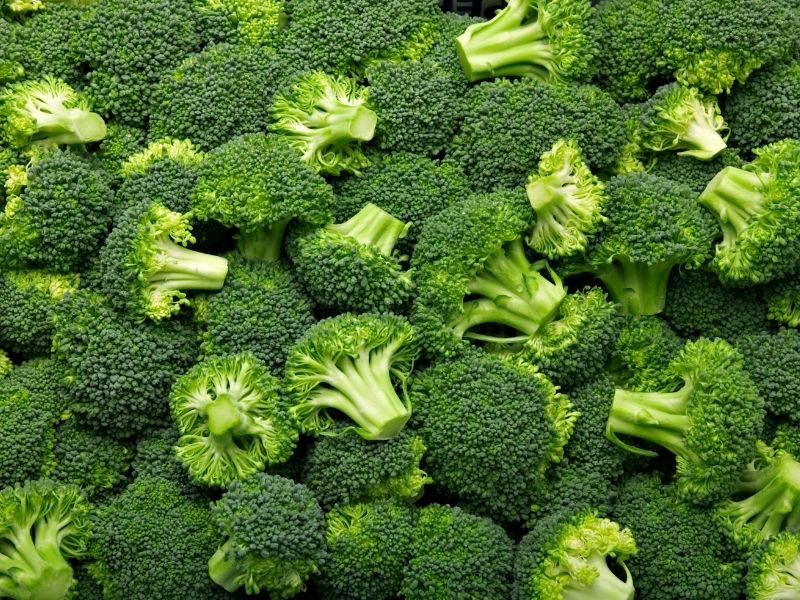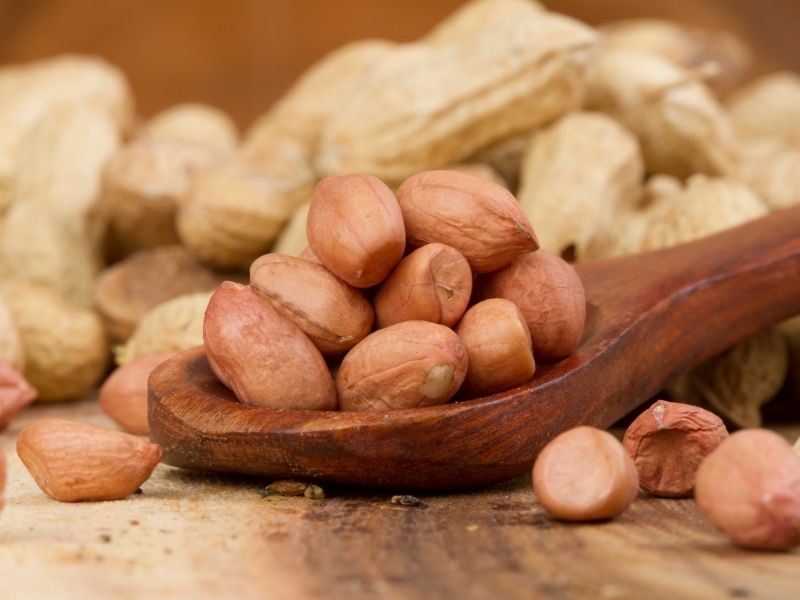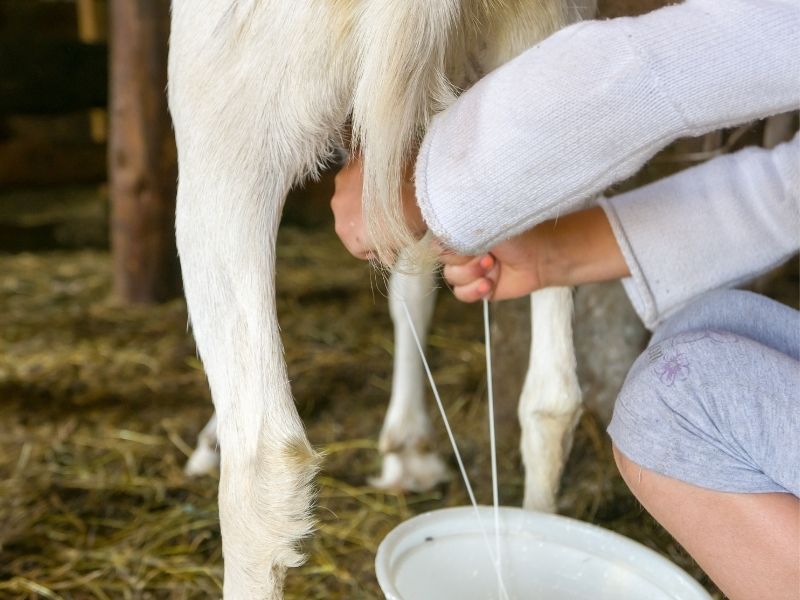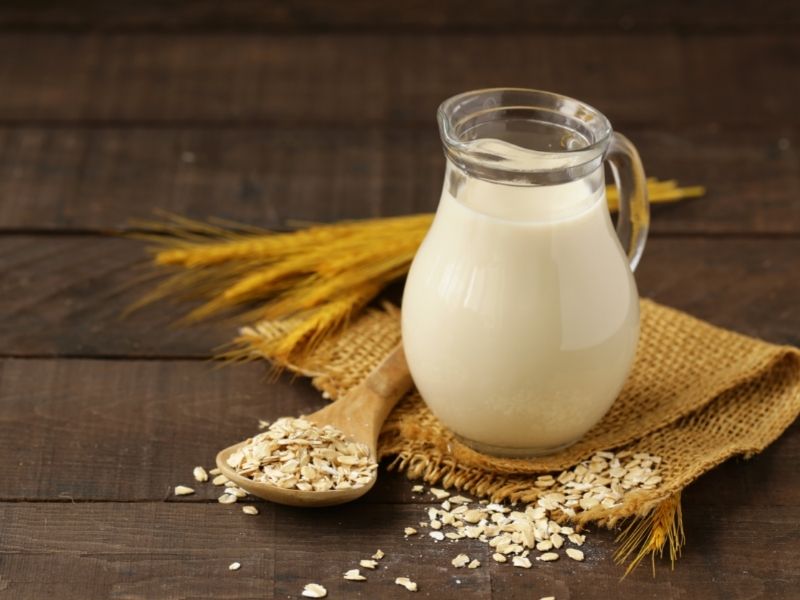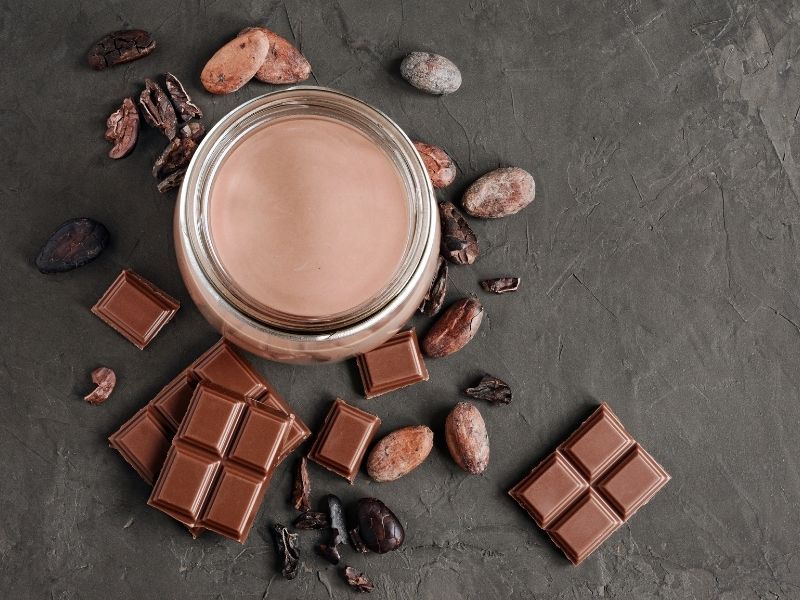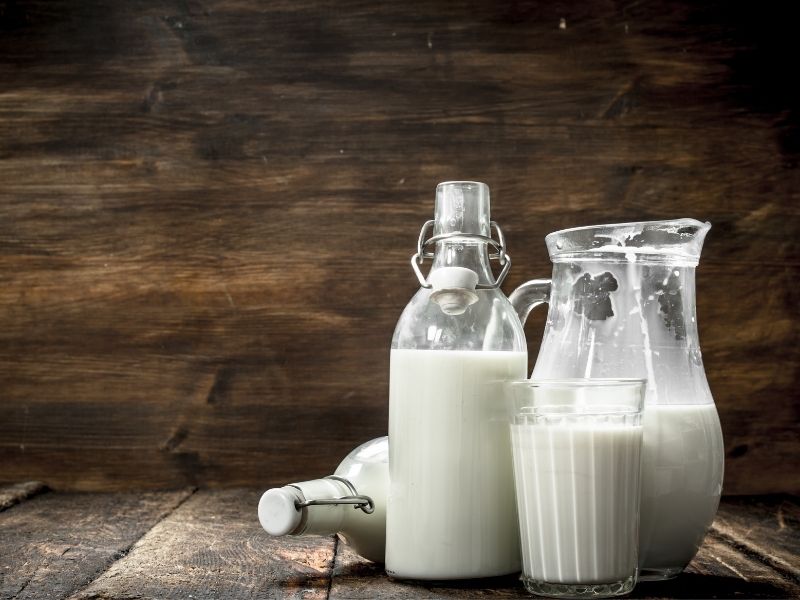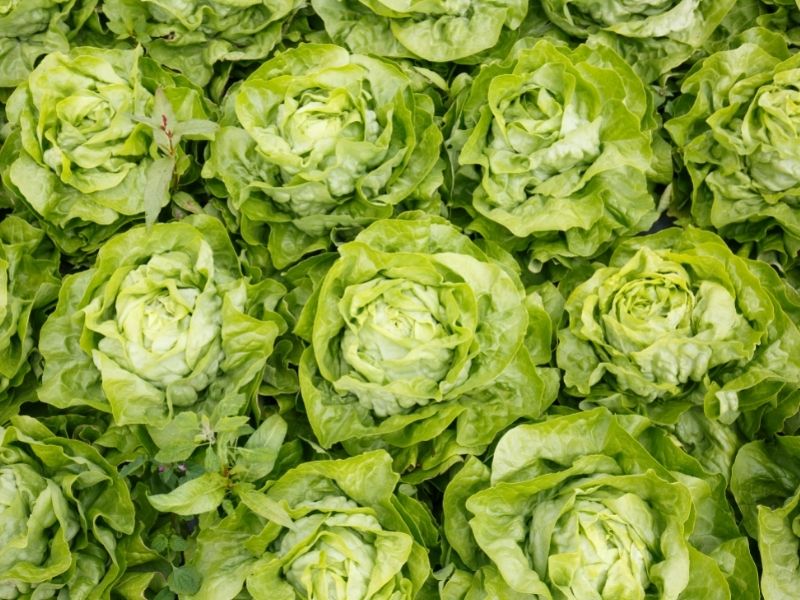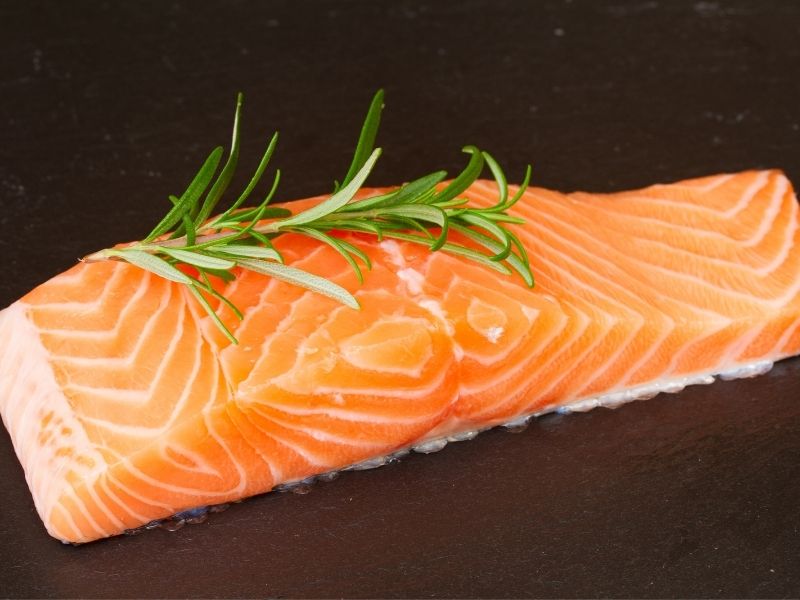The short answer: It depends. The long answer: Spinach is a vegetable that is rich in vitamins (A, K, B6, B2, E, and C) and minerals (magnesium, folate, calcium, and potassium). Low in calories and high in fiber, it can improve a cat’s digestion, help boost eyesight, and regulate blood pressure. Cats without any health… Continue reading Can Cats Eat Spinach?
Category: Cat Food
Can Cats Eat Canned Tuna?
The short answer: It is not recommended. The long answer: Having longer life spans than other fish, tuna contains high levels of mercury, metals, and unsaturated fats. As such, it is not recommended for cats to consume tuna on a regular basis. Too much mercury may lead to mercury poisoning, and may cause your cat… Continue reading Can Cats Eat Canned Tuna?
Can Cats Eat Broccoli?
The short answer: Yes, but in limited quantities. The long answer: Broccoli is an edible green plant from the cabbage family. A cruciferous vegetable that can be safely eaten by cats, broccoli can help improve a cat’s digestion, lower her cholesterol levels, prevent cancer, and boost her immune system. However, Avondale Animal Hospital warns that… Continue reading Can Cats Eat Broccoli?
Can Cats Eat Peanuts?
The short answer: Yes, but only occasionally. The long answer: A peanut is a type of a legume crop that is high in magnesium and iron. Technically speaking, peanuts are high in protein, but cats need protein derived from animal meat, so feeding her peanuts regularly won’t benefit her. Cooked peanuts can be fed to… Continue reading Can Cats Eat Peanuts?
Can Cats Drink Goat Milk?
The short answer: No. The long answer: Just like cow milk, goat milk can do more harm to your cat than good. The reason behind it is that adult cats cannot process the carbohydrate found in goat milk due to the lack of lactase in their digestive system. Even young kittens that produce lactase in… Continue reading Can Cats Drink Goat Milk?
Can Cats Drink Lactose-Free Milk?
The short answer: Yes, but only in limited amounts. The long answer: Milk is a dairy product commonly produced by nursing mammals. It is packed with nutrients needed by young mammals, such as kittens who need sustenance from their mother’s milk. As kittens grow up, they generally lose the capacity to process the lactose found… Continue reading Can Cats Drink Lactose-Free Milk?
Can Cats Drink Chocolate Milk?
The short answer: No. The long answer: There are two main reasons why cats should not drink chocolate milk. The first reason is because cats cannot have chocolate. Chocolate is a treat prepared using roasted and ground cacao seeds. Served in liquid, paste, or block form, chocolates contain the compound theobromine, the stimulant caffeine, and… Continue reading Can Cats Drink Chocolate Milk?
Can Cats Drink Cow Milk?
The short answer: No. The long answer: Most adult cats cannot drink cow milk because their stomachs don’t have the necessary enzyme to break down the sugar (lactose) found in it. Though kittens have lactase in their system, it is also not enough to handle the lactose levels found in cow milk. Cats who drink… Continue reading Can Cats Drink Cow Milk?
Can Cats Eat Lettuce?
The short answer: Yes, but in limited amounts. The long answer: Lettuce is a leafy vegetable that is often eaten by humans as a salad or added to sandwiches and wraps. It is low in calories but high in water, fiber, vitamins A and K, and folate. Cats need to consume food rich in animal-derived… Continue reading Can Cats Eat Lettuce?
Can Cats Eat Salmon?
The short answer: Yes, but only occasionally. The long answer: Salmon is a type of ray-finned fish that belongs to the Salmonidae family. It is known for being an oily fish with high amounts of protein, omega-3 fatty acids, and vitamin B12. Technically speaking, fish is animal meat, which is what cats need to consume… Continue reading Can Cats Eat Salmon?

